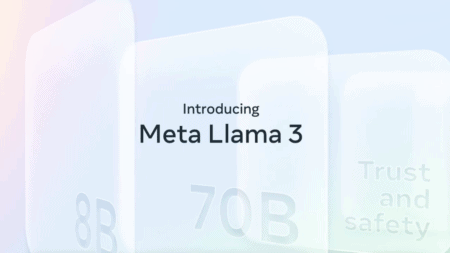This year’s biggest security fear is unfamiliarity with the type of cyber-attack affecting users. This is what 48 percent of IT decision-makers in organisations with at least 50 employees say in the National Security Monitor of Pb7 Research. The research was partly commissioned by Kaspersky Lab.
40 percent of the respondents are also afraid of a shortage of the right technological resources and experts. 13 percent said they were concerned about the lack of safety awareness and support for investments in security within their own organisation.
IT decision makers expect more and better threat intelligence from their security software vendors. This is at the top of the agenda for 58 percent of IT decision-makers, and is in line with the fear of the unknown. Respondents also indicate that computer intrusions are the most important threat in 19 percent of cases. For 17 percent of the respondents, these were DDoS attacks. IT decision makers are most concerned about the impact of both types of cyber threats.
Martijn van Lom, General Manager of Kaspersky Lab in the Benelux, states that security awareness among large organisations is high. “This is a good development, because that is the only way in which measures will actually be taken. At the same time, it is noticeable that a large proportion of IT decision-makers have difficulty allocating the right and sufficient resources to protect their digital security.”
Advice to government
The study also provides advice to the government. For example, IT decision-makers believe that the government should work more closely with the business community. Cross-border cooperation must also be established and emphasis placed on a strategy to arm the government against external threats. The three recommendations were mentioned almost as often in the report.
According to Peter Vermeulen, researcher at Pb7 Research, the need for more and better insight into threat information calls for more intensive cooperation, “irrespective of whether this is between the business community or with the government”. “Maybe that explains why the majority of IT decision-makers are in favour of more cooperation.
This news article was automatically translated from Dutch to give Techzine.eu a head start. All news articles after September 1, 2019 are written in native English and NOT translated. All our background stories are written in native English as well. For more information read our launch article.


















